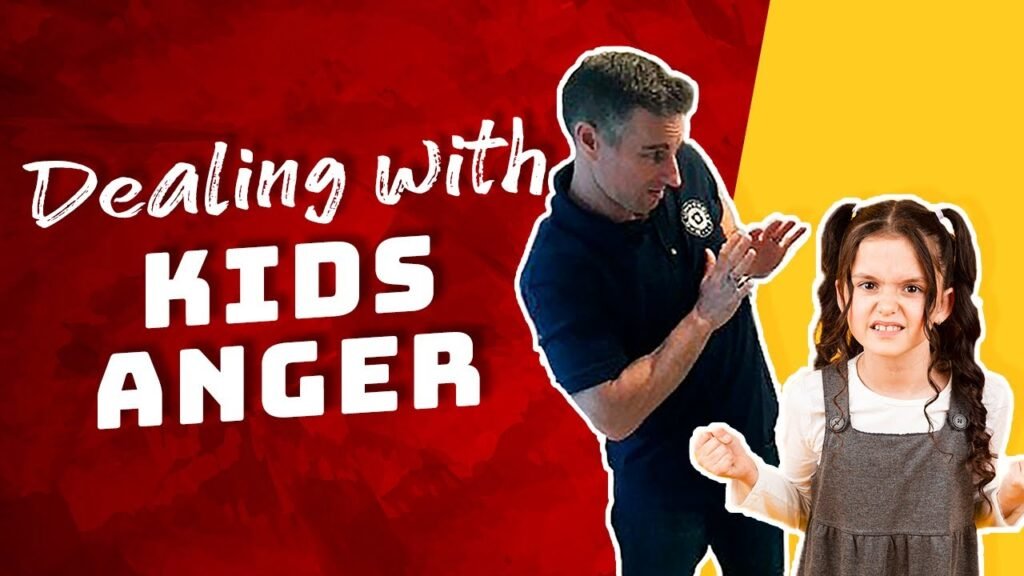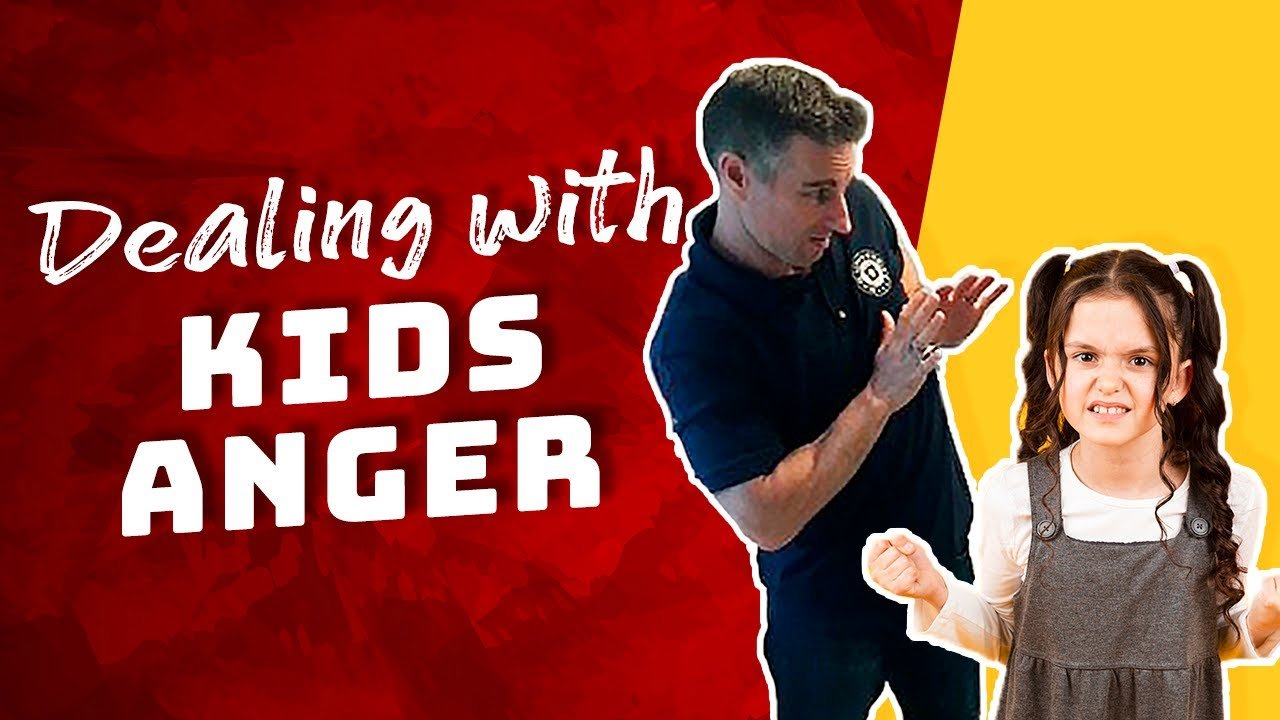Managing anger in children can be a challenging task. As they grow and develop, they experience emotions without fully grasping how to handle them. This is particularly true for anger, as children often struggle to regulate and manage their intense feelings. In this article, we will explore some expert tips from Dad University on how to help your child effectively deal with anger. By modeling appropriate anger management techniques and providing your child with tools to identify and cope with their emotions, you can support them in navigating their anger in a healthy way.
Understanding Children’s Anger
Anger management for children can be difficult because they often lack an understanding of their own emotions. When children are young, they experience emotions without fully comprehending what they are or how to cope with them. This can make anger particularly challenging, as children may feel the intensity of their anger but have no idea how to regulate or manage it. As parents, it is our role to help our children navigate their anger in a manner that models healthy coping strategies, but this can be a challenging task.
Teaching Kids Anger Management
There are specific tips that can be useful in teaching kids anger management. One technique is to help them find physical ways to release their anger, such as grabbing their shirt and pulling on it or yelling into a pillow. It’s important to note that these techniques should be taught when the child is calm and not in the midst of an angry outburst. By providing children with these tools, we empower them to take control of their emotions before they escalate to a more intense level.
In addition to physical techniques, it is crucial to allow children to identify and understand their emotions. When children can recognize the signs of their anger, such as an increased heart rate, shortness of breath, or tensed muscles, they can learn to address their anger before it becomes overwhelming. By teaching children to be aware of their physical signs of anger, we are helping them develop the self-awareness necessary for effective anger management.
Providing Tools for Anger Management
There are several tools that can aid in anger management for children. Deep breathing exercises can help children calm their bodies and minds when they are feeling angry or upset. By teaching children to take slow, deep breaths, we can help them regulate their emotions and reduce the intensity of their anger. Taking a break and walking out of the room is another technique that children can use to distance themselves from a highly charged situation. By giving them space and time to cool down, we show them that it is okay to step away from a situation that is causing them anger or frustration.
It is important to teach children to take control of their emotions before they escalate. By providing them with tools and techniques, we equip them with the necessary skills to manage their anger in a healthy way. By practicing these techniques consistently, children can develop effective anger management strategies that will serve them well throughout their lives.

Leading by Example
As parents, we have a great opportunity to model appropriate behavior in moments of anger. It is important to show our children examples of how to manage anger in real-life situations. Whether it is through staged or genuine displays of frustration, we can demonstrate how to effectively deal with anger. For example, if we find ourselves angry while watching something, we can verbalize our emotions and then practice counting to ten to help calm ourselves down. By doing so, our children can witness firsthand how to handle anger in a healthy and constructive manner.
Incorporating Personal Stories
Sharing personal experiences of dealing with anger can be a powerful way to connect with children and illustrate the effectiveness of anger management techniques. By recounting real-life examples, we can show our children that we have also experienced anger and have found ways to cope with it. This can help them feel understood and reassured that they are not alone in their struggles with anger.
The Importance of Communication
Encouraging open communication about emotions is essential in helping children manage their anger. By creating a safe space for children to express their anger and other emotions, we build trust and allow them to feel heard and understood. Listening to our children’s feelings and emotions without judgment is crucial in fostering healthy emotional development. By validating their emotions and providing them with a supportive environment, we empower them to explore their anger and learn how to manage it effectively.
Consistency and Reinforcement
Establishing consistent rules and consequences for anger outbursts is important in helping children manage their anger. By setting clear expectations and consistently enforcing them, we provide structure and guidance for our children. Reinforcing positive behavior and progress is equally important. By acknowledging and praising our children’s efforts in managing their anger, we motivate them to continue cultivating healthy coping mechanisms. Creating a supportive and nurturing environment is key in helping children develop the skills needed for effective anger management.
Seeking Professional Help
In some cases, children’s anger issues may require professional intervention. It is important to recognize when outside help is needed and to seek therapy or counseling for anger management. Professional assistance can provide additional strategies and techniques tailored to the individual needs of a child. Therapy can also offer a safe space for children to explore their emotions and develop healthy coping mechanisms under the guidance of trained professionals.
Conclusion
Helping children manage their anger is crucial for their emotional well-being and healthy development. By providing them with the necessary tools and support, we empower them to navigate their anger in a constructive way. Teaching children anger management techniques, recognizing the signs of anger, and leading by example are all effective strategies for helping children handle their anger. Communication, consistency, and reinforcement play vital roles in creating an environment that promotes healthy emotional development. In cases where anger issues persist, seeking professional help can provide additional guidance and support. By prioritizing the management of children’s anger, we contribute to their overall emotional growth and well-being.

